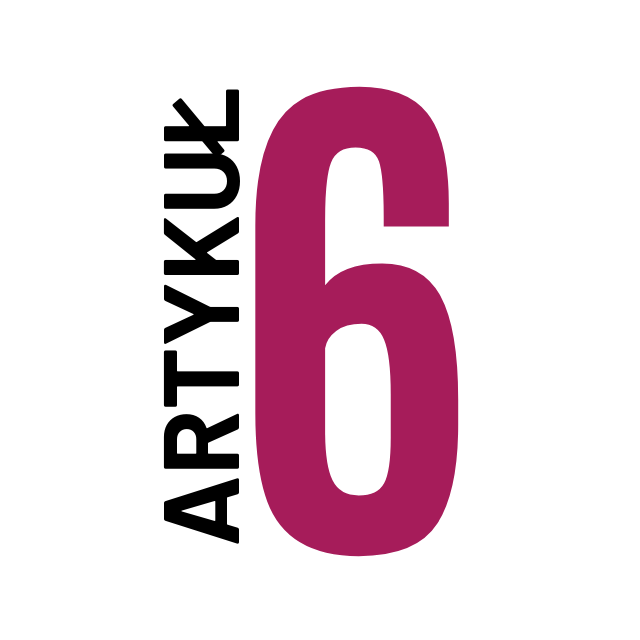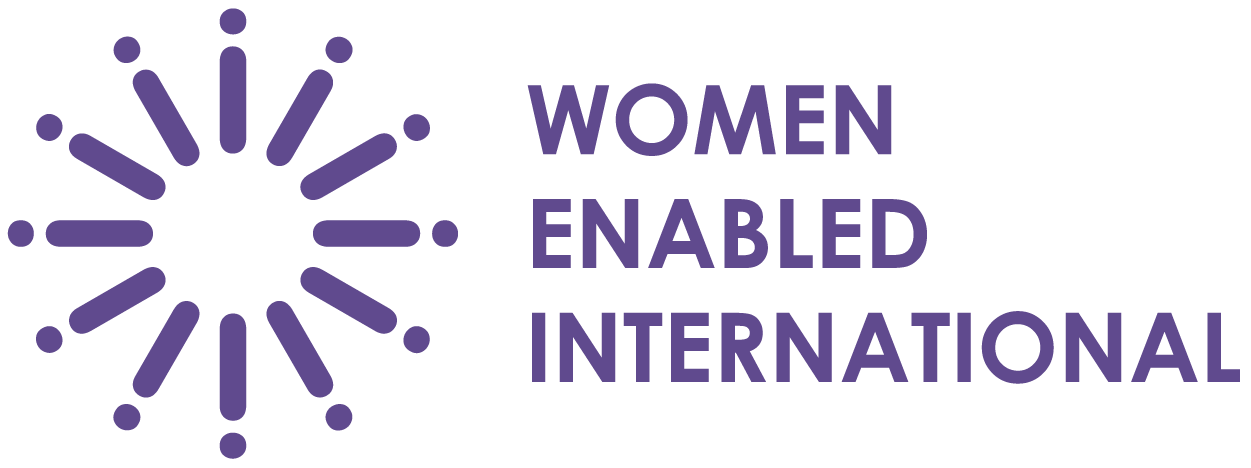
Mission
Article 6 is a Polish informal feminist disability rights collective made up of activists, academics and free-spirits. It was started by feminists with disabilities and their allies working within Polish disability rights movement via other groups, organizations and mandates. Members of the collective continue their external activist, academic and professional work while contributing to the agenda and actions of the collective.
The name Article 6 is in reference to the article of UN CRPD that covers the issues of girls and women with disabilities. The collective focuses on identifying and tackling the sources and manifestations of structural discrimination, economic marginalization, cultural invisibility and violence (of all kinds) that Polish girls and women with disabilities face on everyday basis in all areas of life. The guiding principles of Article 6 activism include: ‘personal is political’, ‘nothing about us without us’, intersectionality, solidarity, human rights and… empathy.
In September 2019 the collective organised the first national meet-up for women with disabilities and their allies in Poland under the honorary patronage of the Polish Ombudsman profesor Adam Bodnar and it was supported by FemFund the only women’s grantmaking fund in Poland. The convention was attended by women with disabilities from around the country including women who were institutionalised. The 2019 convention is considered an important step towards recognizing the rights of women with disabilities in the history of post-socialist Polish disability and feminist movement.
Article 6 uses a variety of tools and strategies to advocate for social change, reproductive justice and human rights. Building on members’ expertise the collective contributes to shaping public debates on disability, women’s rights, feminism, civil society and democracy. It cooperates with Polish, European and international initiatives, organizations and expert bodies.
WEI’s Work With ARTYKUL 6
In October 2020, Poland’s Constitutional Tribunal ruled that the country’s law permitting abortion on grounds of “a severe and irreversible fetal defect or incurable illness that threatens the fetus’s life” was unconstitutional, creating one of the most restrictive legislations in Europe. The decision reignited the abortion debate and triggered mass protests against the increasing restrictions on women’s rights.
In the face of this decision, WEI and ARTYKUL 6 came together to discuss how we could partner to respond this situation, centering the voices of women with disabilities. ARTYKUL 6, WEI, CREA and Pełnoprawna hosted a webinar on issues related to abortion rights and disability rights to provide a platform for amplifying the voices and perspectives of feminists with disabilities in the debate. ARTYKUL 6’s vast experience and work on the ground—combined with our expertise on international law and our learning from our global consultations on reproductive autonomy and disability and subsequent framing document — laid the foundation for a productive webinar.
The organization continued this collaboration to co-author an Op-ed exploring the decision and its consequences for women with disabilities. The piece, titled In the Battle Over Abortion, Polish Feminists with Disabilities Are Claiming Their Rights, was published by Ms. Magazine in December 2020. This decision by Poland’s Constitutional Tribunal represents an ongoing threat to the sexual and reproductive autonomy and rights of all persons with the capacity to become pregnant, including those with disabilities. WEI continues to monitor the situation and work in solidarity with Polish activists and allies to support them in any way we can.
Related Resources
Short clip promoting the first Polish Congress of women with disabilities and their allies at the Polish Ombudsman Office, 21/9/2019 (in Polish)
Declaration of the first Polish Congress of women with disabilities and their allies & photos (in Polish)
Position of the collective Article 6 on rejecting the draft act “Stop Abortion”” (in English)
